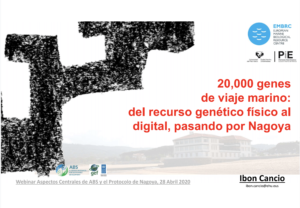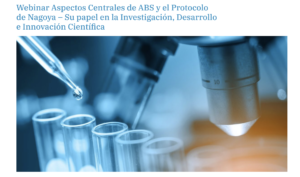Ocean Sustainability Bergen is a virtual centre at the University of Bergen (UiB), working with partner institutions worldwide in ocean science and education. The aim is to engage with the Sustainable Development Goals (SDSs). Ocean Sustainability Bergen takes care of day to day activities in relation to UiB’s status as the Hub for SDG 14: Life below water as appointed by the United Nations Academic Impact (UNAI) and is also the SDG 14 representative in the International Association of Universities (IAU) SDG Cluster.
The focus for the first Ocean Sustainability Bergen Conference:
-Is the combination of conservation and sustainable use of the ocean an illusion or a realistic possibility?
-How can science be used to underpin the development of a useful instrument for BBNJ?
-In more general terms, how can scientific advice contribute to decision-making processes in global ocean governance?
The objectives:
-To create awareness in a wide range of academic disciplines of current challenges for global ocean governance and to inspire their increased involvement.
-To provide an arena for exchange of science and policy ideas directly relevant to the intergovernmental negotiations on marine BBNJ.
-To discuss how a BBNJ instrument can contribute to the UN 2030 Agenda.
Kjersti Lie Gabrielsen from Marbank, IMR, was one of the panelists on day 2 of the conference. In the beginning of the panel debate she gave an introduction to the use and regulation of marine genetic resources including the role of biorepositories where EBB also was presented.
Part of the program:
11:20-12:40 Moderated panel on maritime governance, marine genetic resources, ocean and climate
Moderator: Professor Edvard Hviding, Department of Social Anthropology, UiB
Panelists:
Sigrid Eskeland Schütz, Professor, Faculty of Law, University of Bergen, Norway.
Kjersti Lie Gabrielsen, Chief scientist, Marbank, Institute of Marine Research, Troms.
Elizabeth Nyman, Maritime Studies Programme Coordinator and Assistant Professor, Texas A&M University, USA.
Cristina Voigt, Professor, Department of Public and International Law, University of Oslo, Norway.
Link to the program:
https://www.uib.no/en/ocean/128020/sdg14-%E2%80%93-life-below-water-conservation-and-sustainable-use-ocean#day-2-22-october-bbnj-frontline-for-the-high-seas



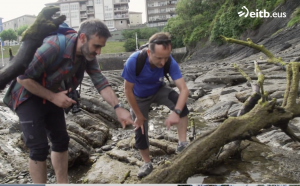
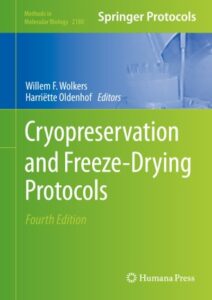


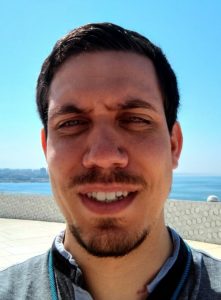 of the University of Porto, and completed his master in Environmental Contamination and Toxicology in 2011, at Abel Salazar Biomedical Sciences Institute of the University of Porto. Later, he participated in different environmentally friendly biotechnological projects, completing his PhD in Environmental Engineering in 2019, at the Faculty of Engineering of the University of Porto. Currently as part of the EBB project, Carlos is CIIMAR’s responsible for the establishment of communication plans and outreach activities as well as for the definition of protocols for the preservation of CIIMAR’s LEGE culture collection. He is also responsible for the implementation of a quality system for collections users as well as elaboration of reports.
of the University of Porto, and completed his master in Environmental Contamination and Toxicology in 2011, at Abel Salazar Biomedical Sciences Institute of the University of Porto. Later, he participated in different environmentally friendly biotechnological projects, completing his PhD in Environmental Engineering in 2019, at the Faculty of Engineering of the University of Porto. Currently as part of the EBB project, Carlos is CIIMAR’s responsible for the establishment of communication plans and outreach activities as well as for the definition of protocols for the preservation of CIIMAR’s LEGE culture collection. He is also responsible for the implementation of a quality system for collections users as well as elaboration of reports.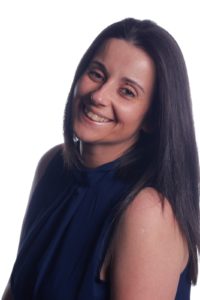 study of the molecular bases which govern the immune system of different cultured species, as well as, on the genetic response against their main pathogens. After her contribution to different international research projects on several institutions, she joined the EBB project in March 2020, precisely one week after the COVID-19 lockdown began and ever since she has been assisting the EBB Coordination team at University of Vigo, providing both administrative and technical support. With her work she will be contributing to a more agile fulfilment of EBB tasks and to improve EBB visibility and impact.
study of the molecular bases which govern the immune system of different cultured species, as well as, on the genetic response against their main pathogens. After her contribution to different international research projects on several institutions, she joined the EBB project in March 2020, precisely one week after the COVID-19 lockdown began and ever since she has been assisting the EBB Coordination team at University of Vigo, providing both administrative and technical support. With her work she will be contributing to a more agile fulfilment of EBB tasks and to improve EBB visibility and impact.
